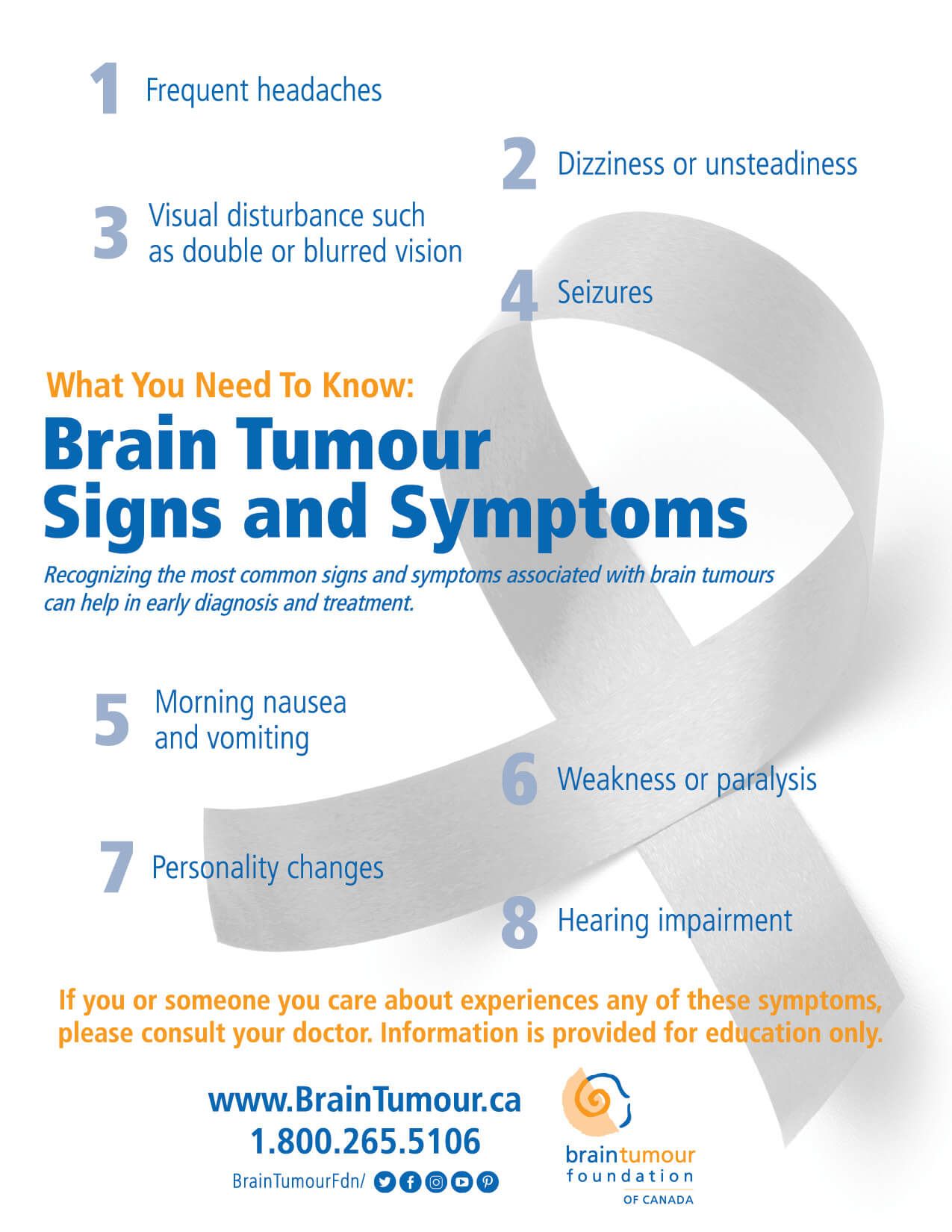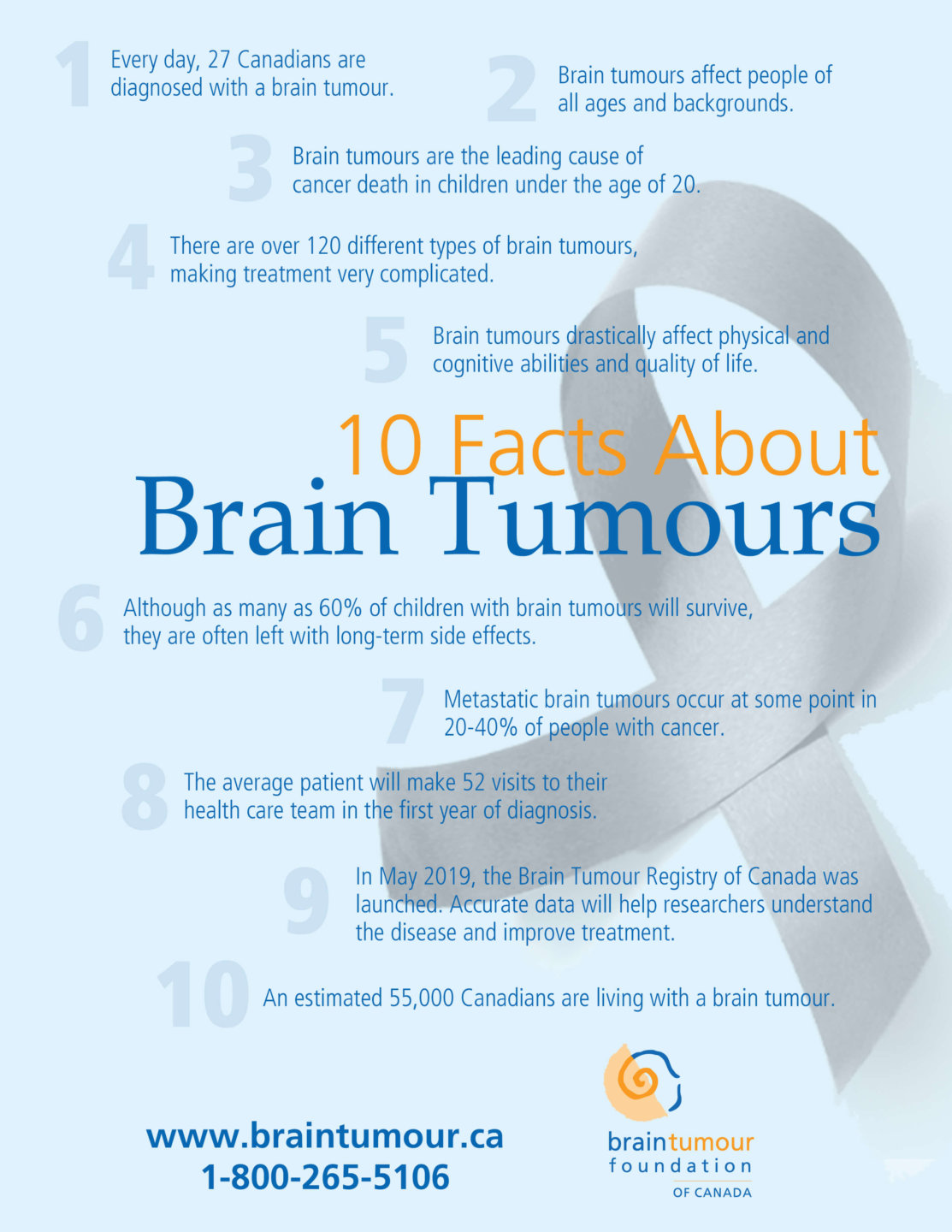When folks hear the word “tumor,” a lot of times, their minds jump straight to “cancer.” It’s a pretty natural reaction, honestly, because the two terms are often used together, or so it seems. But here’s a really important thing to keep in mind: many of these growths, which medical folks call neoplasms, are actually benign. That means they’re not cancerous at all, which is a bit of a relief for many, you know? So, just hearing the word “tumor” doesn't automatically mean the worst, and that’s a very crucial point for anyone thinking about this topic.
A neoplasm, or a tumor, is essentially an unusual growth of tissue. It’s a mass that just appears without a clear reason from cells that were already there in the body. This growth, you see, it doesn’t really have a specific job or purpose. It’s not working with your body’s normal functions, and it just keeps on growing abnormally, even if whatever started it in the first place is gone. So, it’s a bit like an uninvited guest that decides to set up shop and expand, regardless of what else is happening around it, which is rather interesting, actually.
Understanding the differences between types of growths is a big part of knowing what’s going on with your health. Your healthcare provider, naturally, is the best person to talk to. They can give you the full picture about what having one of these growths means for you specifically. They can explain everything, like what kind it is and what steps might come next, so you're not left guessing, which is very helpful, obviously.
Table of Contents
- What is a Tumour, Anyway?
- Benign Versus Malignant Tumours
- Tumours and Your Body
- Frequently Asked Questions About Tumours in the Brain
- Seeking Professional Guidance
What is a Tumour, Anyway?
So, what exactly is a tumor, you might wonder? Well, it's essentially any kind of unusual swelling that shows up inside your body, just a little bit out of the ordinary, you know? Sometimes, people might notice a lump or a bump, and that's often what we mean by a swelling, even if it's not always visible from the outside. This swelling, it's something that feels different, perhaps, or looks different than what's normally there. It's almost like your body is showing you something new, something that wasn't there before, and that's the core idea of what a tumor means in this very basic sense, you see.
Now, while any abnormal swelling can be called a tumor, the word often brings to mind a mass of cancer cells for many people. That's a pretty common association, actually. However, it's really important to remember that most lumps that you can actually feel are not cancerous, which is a rather reassuring fact for a lot of individuals. So, while it's good to be aware, it's also good to not jump to the most serious conclusion right away, in a way.
The Nature of Neoplasms
A tumor, also known as a neoplasm, is a mass of tissue that is just not normal. It shows up without any obvious reason from cells that were already in the body. This mass, by the way, has no real function or purpose for your body. It's not doing anything helpful, like your organs or muscles do, which is a bit strange, isn't it? Its main characteristic is that it just tends to grow independently, doing its own thing, rather than following the body's usual rules for cell growth and organization. It's almost like it has a mind of its own in that respect.
The way a neoplasm grows is quite uncoordinated with the normal tissue around it. It doesn't follow the same patterns or signals that healthy cells do. And what's more, it keeps on growing abnormally, even if whatever initially triggered its growth is taken away. This persistence is a key feature of these growths. It’s not just a temporary swelling that goes down; it's a lasting change, so it is.
When Cells Go Astray
All tumors, every single one, come about because of cell growth that's not normal. It's often too much cell growth, actually, a kind of excessive multiplication. Normally, your body has this really orderly process for cells. When cells get old or they become damaged, they simply die off, and then new, fresh cells come in to take their place. It’s a pretty neat system for keeping things working well, you know?
Sometimes, though, this very orderly process breaks down, and that's when things can get a bit messy. Abnormal or damaged cells start to grow and multiply when they really shouldn't. Instead of dying off, they just keep on dividing, creating more and more of themselves. This unchecked growth is what forms the mass of tissue we call a tumor. It’s like a little hiccup in the body's natural cell management system, in some respects.
Benign Versus Malignant Tumours
It's really important to get a good grip on the difference between a benign tumor and a malignant one. This distinction is often the source of a lot of worry and confusion for people. There are, generally speaking, three main types of tumor, and understanding these categories helps a lot in clearing things up. It’s not a one-size-fits-all situation, by any means, so it’s worth taking a moment to understand, you know?
The Non-Cancerous Kind
As we mentioned, not all tumors are cancerous. Many of these growths are benign, which means they are non-cancerous. These types of tumors typically grow much more slowly than their malignant counterparts. They also tend to stay put in one place; they don't spread to other parts of the body, which is a really big difference. Your healthcare provider can explain exactly what having a benign tumor means for you. It’s usually a less urgent situation, but still something to pay attention to, obviously.
While a benign growth is not cancer, it can still cause problems depending on where it is located and how big it gets. For example, a benign tumour in the brain, even if it's not cancerous, could press on important areas of the brain and cause symptoms. So, even though it's not malignant, it still needs medical attention and often, treatment. It's just a different kind of concern, you know, a bit like a persistent guest who overstays their welcome, but doesn't cause active harm beyond that.
The Cancerous Kind
Now, if someone has a malignant tumor, that's when it is cancerous. A malignant neoplasm, or a cancerous tumor, usually grows quite rapidly. This quick growth is one of its distinguishing features. What’s more concerning, though, is its ability to spread. These types of tumors can invade surrounding tissues and even spread into other parts of the body, which is called metastasis. This spreading is what makes malignant tumors particularly dangerous and why they require very serious medical intervention. It’s a very different ball game compared to the benign variety, you know?
Medical professionals, like an oncologist such as Matthew Wright, M.D., often share what you should know about these differences. They emphasize that all tumors are caused by abnormal, often excessive, cell growth. But it's the nature of that growth and its potential to spread that truly defines whether a tumor is cancerous or not. It’s a complex area, but getting clear information from experts is absolutely key, so it is.
Tumours and Your Body
A tumor, also known as a neoplasm, is an abnormal mass or lump of tissue that often shows up as a swelling. This swelling is one of the four classic signs of inflammation, by the way, a concept that goes way back to Celsus, an ancient Roman encyclopedist. The other signs are heat, pain, and redness. So, in a way, a tumor is a physical manifestation, a visible or palpable sign, of something abnormal happening within the body. It’s a very tangible thing, you know?
Where They Can Show Up
One of the things about tumors is that they can be found pretty much anywhere in the body. They're not limited to just one area or one type of tissue. You might find them on your skin, inside an organ, or even, as our main focus suggests, as a tumour in the brain. They can also have variations in their appearance, their feel, and how they behave, depending on where they are and what type of cells they're made of. This variability means that no two tumors are exactly alike, even if they share some general characteristics, which is pretty interesting, actually.
For example, a lump that you can feel on your skin might be very different from a growth deep inside your body. The important thing is that any unusual lump or swelling, no matter where it is, should be checked out by a healthcare professional. It’s always better to be safe and get it properly evaluated, just in case, you know? Most lumps that can be felt, as a matter of fact, are not cancerous, but it’s still wise to have a doctor look at them.
A Sign of Something Else
A tumor is a mass of abnormal tissue that comes about without any obvious cause from cells that were already there. It really has no purposeful function in the body. It's characterized by this tendency to grow independently, separate from the body's normal, coordinated processes. This uncoordinated growth is a key indicator that something is amiss. It’s a sign that the usual cell regulation has gone awry, so it is.
When cells grow old or become damaged, they typically die, and new cells step in to replace them. But sometimes, this very orderly process breaks down, and abnormal or damaged cells start to grow and multiply when they really should not. This breakdown in the usual cell cycle is what leads to the formation of a tumor. It’s a fundamental disruption in the body's cellular harmony, in a way, and something that medical professionals look at very closely.
Frequently Asked Questions About Tumours in the Brain
Are all tumours in the brain cancerous?
No, absolutely not. Just like tumors in other parts of the body, a tumour in the brain can be either benign, meaning non-cancerous, or malignant, which means it is cancerous. It’s a very common misconception that all brain growths are cancer, but many are not. A benign brain tumor does not spread to other parts of the body, though it can still cause issues by pressing on brain tissue, you know?
What causes a tumour in the brain to develop?
All tumors, including those in the brain, are caused by abnormal and often excessive cell growth. This happens when the body's normal process of cell replacement breaks down. Instead of old or damaged cells dying off and new ones taking their place, these abnormal cells grow and multiply without control. The exact trigger for this breakdown in the brain isn't always clear, but it's fundamentally about cells behaving unusually, so it is.
What are the first signs of a tumour in the brain?
The signs of a tumour in the brain can vary quite a lot depending on its size, location, and how fast it’s growing. Some common early signs might include headaches that are different from usual, seizures, changes in vision, or problems with balance. Since these can be symptoms of many different conditions, it's really important to talk to a healthcare provider if you notice any persistent or concerning changes. They can help figure out what’s going on, which is very important, obviously.
Seeking Professional Guidance
Understanding what a tumor is, especially a tumour in the brain, can feel like a lot to take in. But remember, your healthcare provider is there to help you make sense of it all. They can give you clear explanations about what having a tumor means for you personally. They have the knowledge and experience to guide you through any questions or concerns you might have. It's always best to get information directly from a medical expert who knows your specific situation, you know? They can explain the type of growth, what it means, and any steps that might be needed for your care. You can learn more about brain health on our site, and for broader information on medical conditions, you might find details on our health resources page. For general information on tumors and their classifications, a good resource is the World Health Organization (WHO) fact sheets on cancer, which offer a broad overview.



Detail Author:
- Name : Dustin Johnson
- Username : faye46
- Email : schuppe.eldon@hotmail.com
- Birthdate : 1992-10-07
- Address : 728 Imani Street Apt. 357 North Maudfurt, OR 55346-6201
- Phone : 480.916.3626
- Company : Willms-Mohr
- Job : Electro-Mechanical Technician
- Bio : Aut ut ab velit. Ut vero quo et natus. Adipisci non voluptatum excepturi aliquid labore in explicabo molestiae.
Socials
twitter:
- url : https://twitter.com/eryn_torp
- username : eryn_torp
- bio : Qui pariatur quae ea aut neque. Totam et quam nihil inventore. Est sed et expedita vel. Sunt hic sint molestiae cumque.
- followers : 3430
- following : 2279
tiktok:
- url : https://tiktok.com/@eryn_official
- username : eryn_official
- bio : Ullam natus qui impedit eligendi non.
- followers : 1053
- following : 2664
instagram:
- url : https://instagram.com/eryntorp
- username : eryntorp
- bio : Asperiores ad explicabo labore quaerat. Voluptate amet voluptas inventore maxime.
- followers : 5763
- following : 1271
linkedin:
- url : https://linkedin.com/in/etorp
- username : etorp
- bio : Minima in non iste ipsam.
- followers : 1092
- following : 998
facebook:
- url : https://facebook.com/eryn.torp
- username : eryn.torp
- bio : Eligendi beatae qui magnam voluptatem.
- followers : 6092
- following : 1057

